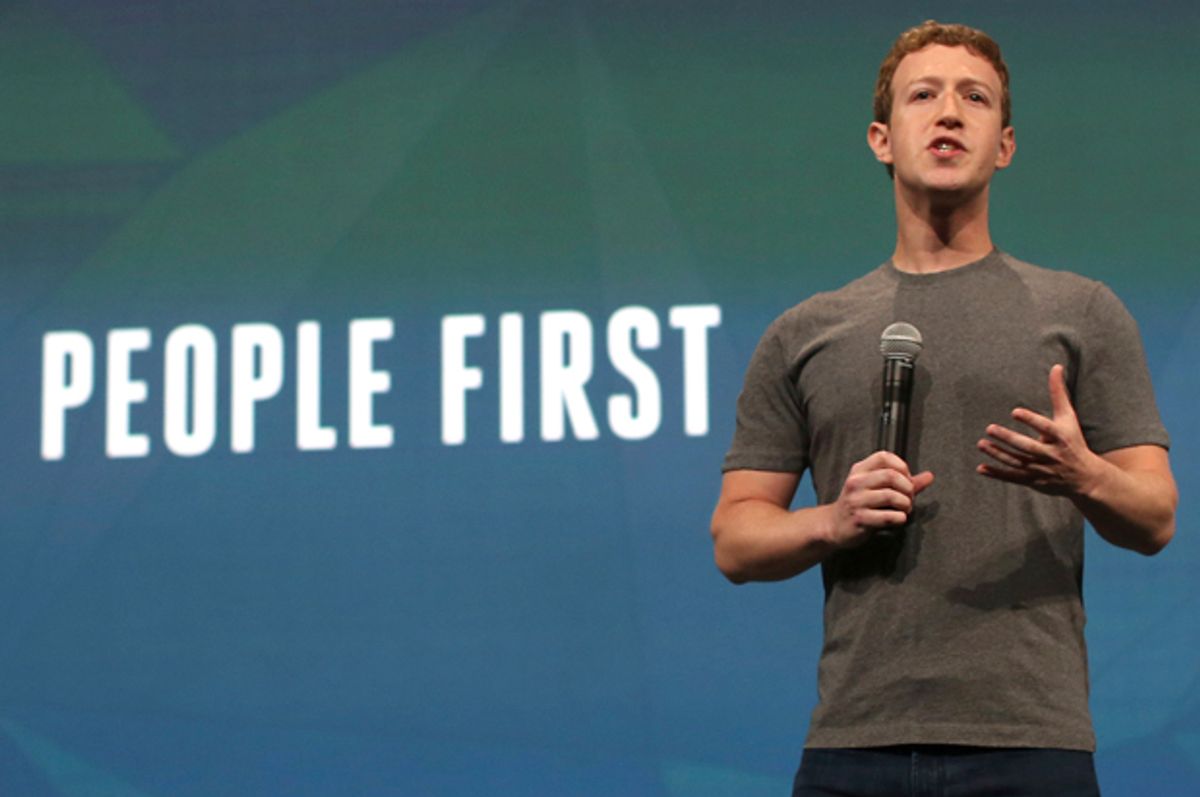A Houston woman is suing Facebook for $123 million, alleging that the social media company was inexcusably slow to respond to her complaints about a "revenge porn" Facebook page set up by an estranged friend.
The woman discovered the Facebook page in December 2013, but the page wasn't removed until February -- and only after Houston police subpoenaed Facebook to find out who had created it.
The dollar figure represents 10 cents for each of Facebook's 1.23 billion users. But the suit itself is designed to accomplish more than just monetary compensation for emotional damages.
Additionally, Ali's lawsuit claims “seeks to expose the frailties and failures of the falsely advertised, and false promoted privacy mechanisms” of Facebook, and the significant damages that can result from those failings, that she further alleges “Facebook's upper management, officers, directors and key employees have long known about and essentially concealed.”
The suit states that “this lawsuit is intended … to get Defendant Facebook, its officers, directors, management, employees and subscribers (with media attention) to stand up, take notice and pay attention to the serious privacy violations concerns involved in revenge porn situations.”
Privacy has always been Facebook's Achilles' heel, but Ali's suit pokes at something even more fundamental: It exposes the basic falsehood at the heart of the "consumer Internet"; in this case, the vast disparity in power between Facebook and Facebook's users. Facebook can unilaterally change its design at will -- it can decide, for example, that all users of its mobile app be forced to use a separate Messenger app if they want to chat with other Facebook users -- but we don't have anywhere near the same power to get Facebook to respond to our own concerns.
There's a simple reason for that. Truly supporting consumers when you have in excess of 1 billion of them simply doesn't scale. It's expensive to have enough real human beings on hand to respond in acceptable fashion to consumer complaints. And that's especially true when we, the supposed consumers, aren't paying anything for the service we're getting. Because we're not actually Facebook's real consumers -- we're the product getting delivered to Facebook's advertisers. And you can bet, if someone set up a "revenge porn" page targeting a big brand that advertises on Facebook, the corporate reaction would be swift.
You might think, after a financial quarter in which Facebook generated nearly $3 billion in revenue, that the company would have enough money to staff up its support systems and make sure that complaints about atrocities like "revenge porn" received prompt consideration. But somewhere, a different calculus is probably operating: Maybe it's cheaper to deal with the occasional lawsuit as the cost of doing business, than pay the bill for an operation that responds to individual complaints on a timely -- and civilized -- basis.



Shares